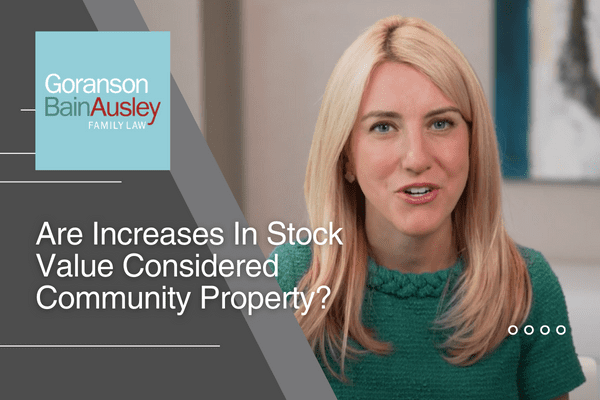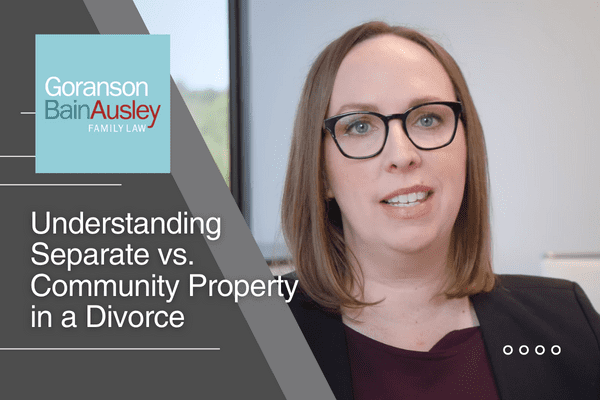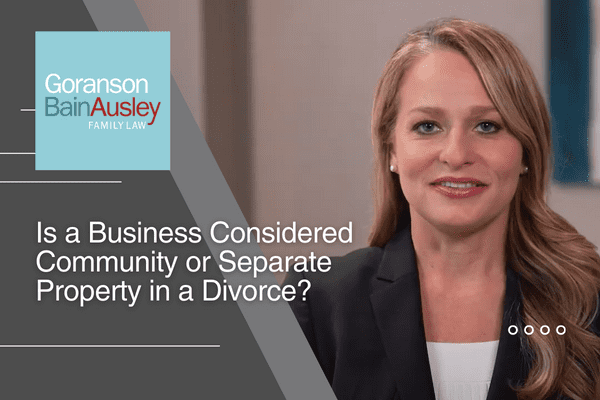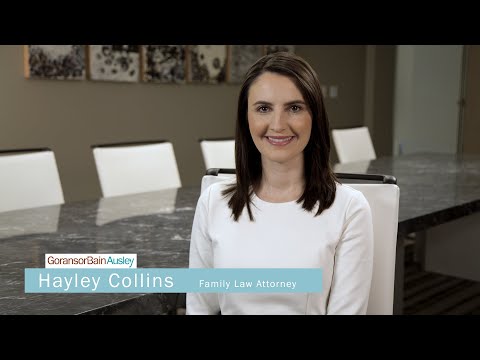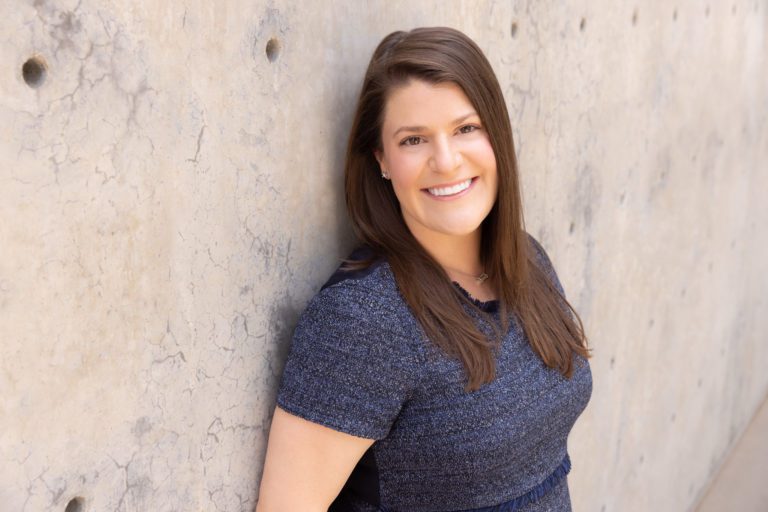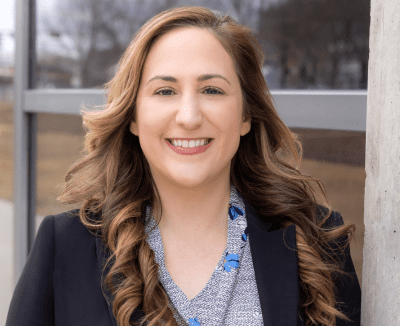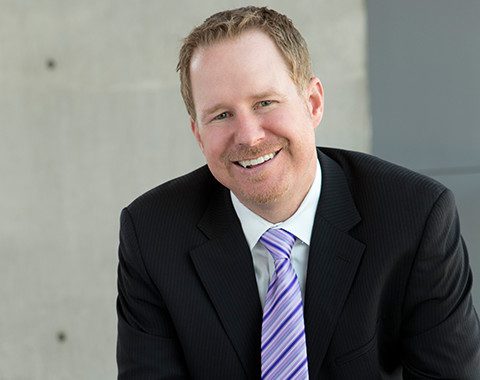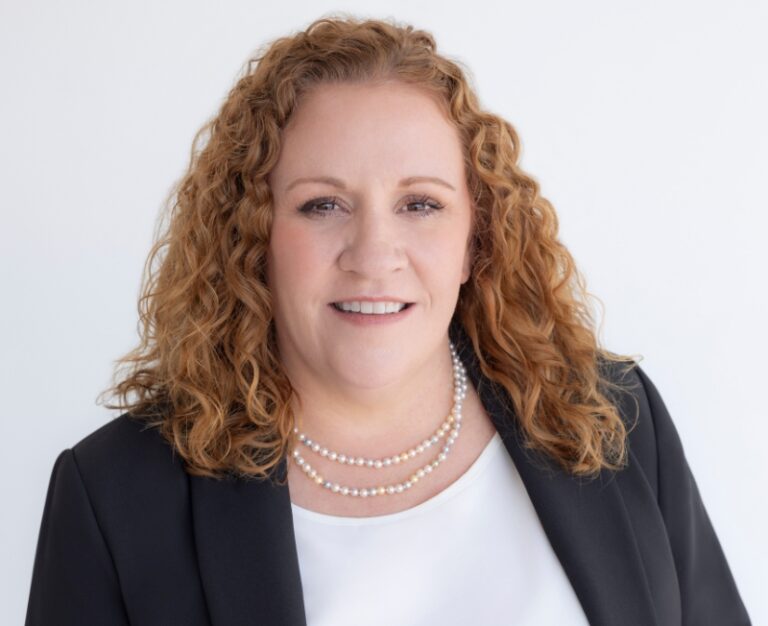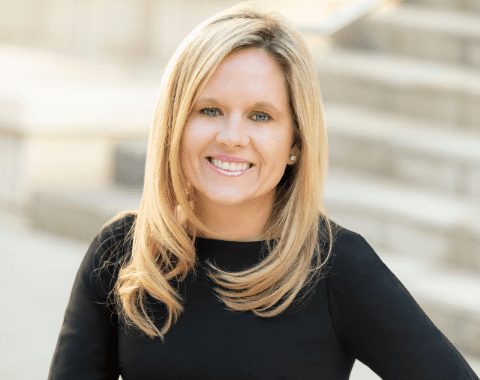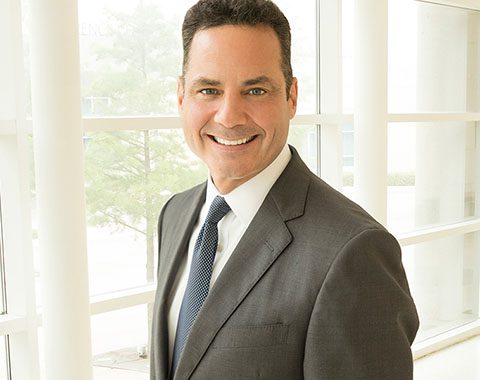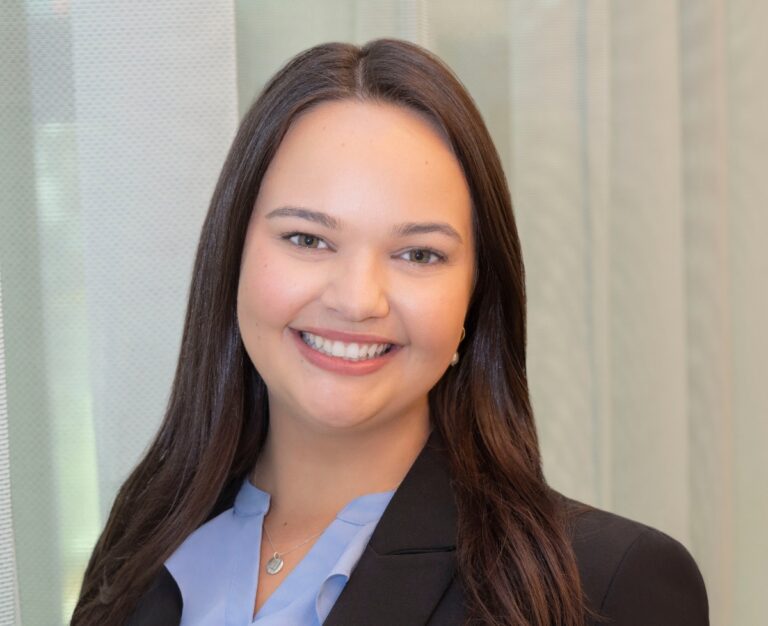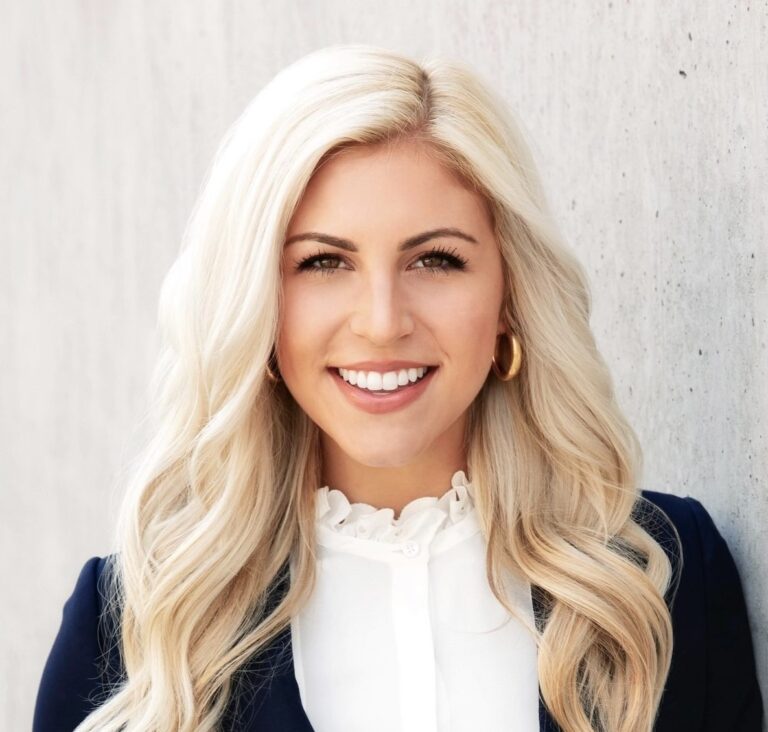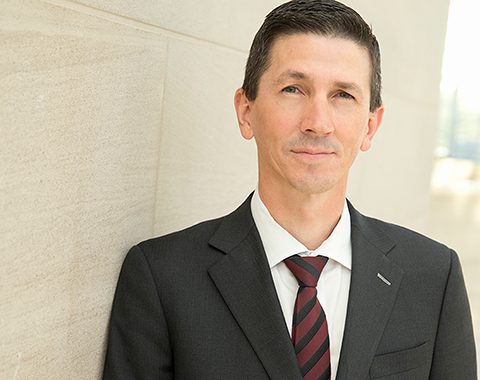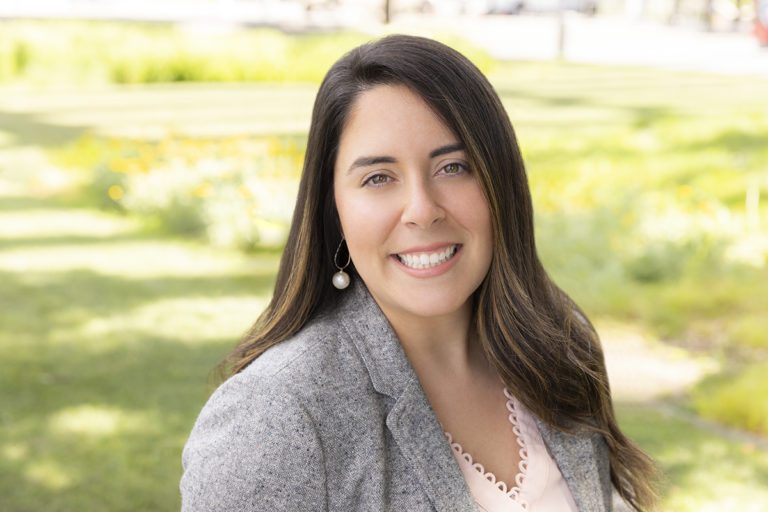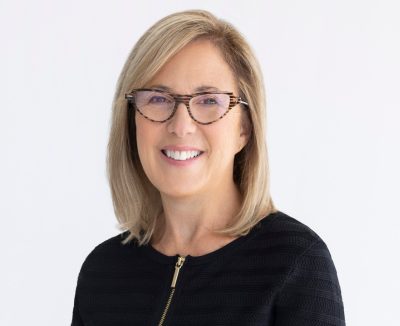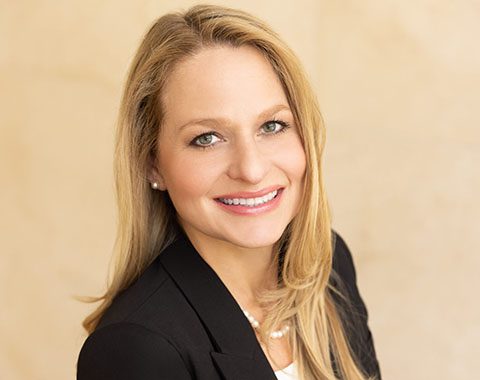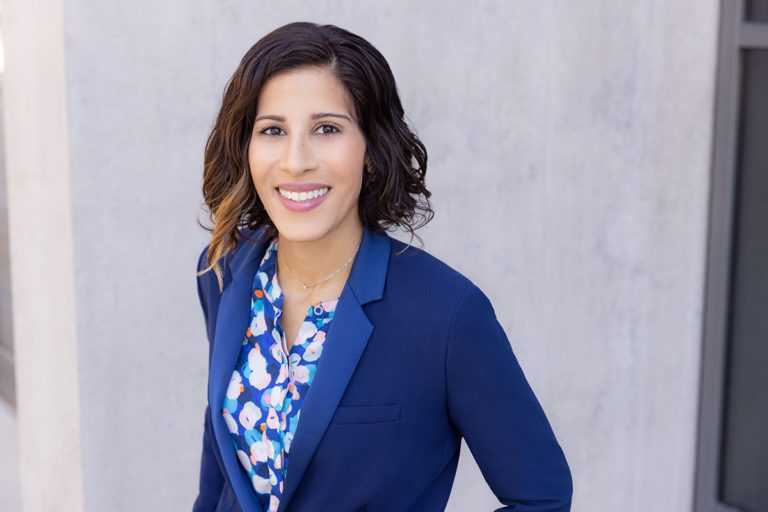Characterization of Separate and Community Property in Texas

Determining and dividing ownership to meet your goals.
Marriage isn’t only an emotional partnership but a financial one, too. When it dissolves in divorce, you will have to divide your assets and debts. But it’s more complicated than merely splitting them in half. At Goranson Bain Ausley, our goal is to help you determine and divide ownership in a way that best serves your family and your future.
Choose Goranson Bain Ausley for A Future-Focused Approach to Separate and Community Property
With our experience in dividing complicated assets and marital estates, you can trust that our Austin, Dallas, Fort Worth, Granbury, Midland, Plano, and San Antonio lawyers will help you work toward creating an effective strategy tailored to your individual circumstances. Our lawyers will take care to understand your current financial needs as well as your future goals and help you to create a road map to secure the assets you will need to meet them.
When dividing complicated assets and marital estates, it comes down to goals, strategy, and experience. You can trust that Goranson Bain Ausley attorneys will strive to devise an effective approach tailored to your individual circumstances. We’ll take care to understand your current financial needs as well as your projections for the future. With knowledge gained from successfully dividing countless estates, our attorneys will help you work toward securing the assets you need for today and tomorrow. Contact us today for a consultation.
How is Marital Property Identified and Characterized?
Your marital property can fall under one of two categories in a Texas divorce: community property or separate property. In a Texas divorce, community property is the property you accumulate during the marriage that belongs to both you and your spouse. The property you owned before marriage or acquired through a gift or inheritance is your separate property. Either during the marriage or when a marriage ends, spouses can use a Texas separate property agreement to switch separate property to community property or community property to separate property. If you have not established a Texas separate property agreement, any marital assets that are commingled will be presumed to be community property.
Under Texas divorce law, community property and separate property matters can become complicated. When you claim something as your separate property, you must be able to prove it. And when separate property becomes commingled with community property, proving separate ownership becomes more difficult. Our attorneys are here to help you understand how to prove ownership of your separate property, even in the most complex of circumstances.
Separate & Community Property FAQs
What is Discovery and the Disclosure of Assets?
Discovery is the process by which you and your spouse request and exchange financial information about all of your assets and debts, something you’re required to do as part of your divorce. This is usually done by exchanging sworn inventories of all of the assets and debts known to you.
The discovery process may be informal and voluntary, or it might involve financial affidavits, depositions, and the subpoenaing of records. We’ll guide you through the process to make sure that you and we have all of the information needed to clearly assess your financial situation and move forward with dividing your assets.
What Qualifies as Marital Assets?
As part of the discovery process, our team will conduct an in-depth evaluation of your marital property by inventorying assets such as:
- Real estate
- Personal belongings, jewelry, art, antiques, and unique items
- Motor vehicles and boats
- Securities and bonds, pensions, annuities, and retirement accounts
- Trusts and brokerage accounts
- Family-owned businesses, interests in business entities, closely held corporations, or partnerships
- Intellectual property and electronic data and property
- Reimbursement claims
How is Property Valued?
As you might expect, valuing assets such as stocks and bonds is very different from valuing property such as jewelry or wine. When placing a value on what you have, we consult with professionals including appraisers, tracing experts, real estate agents, accountants, and experts in unique items.
Once we’ve determined the value of your marital estate, we can help you assess your current and future financial needs so that we can start making decisions about which assets will benefit you the most after your divorce. Our lawyers understand that many items are more important due to their sentimental value and will strategize ways to preserve these items during the property division, while simultaneously adhering to Texas divorce law. Community property and all other important aspects of your divorce should be handled by an attorney who intimately understands the nuances of divorce in Texas. Allow Goranson Bain Ausley to provide the expertise and legal services needed to best secure your future.
A Future-Focused Strategy with a Goranson Bain Ausley Divorce Lawyer
With our experience in dividing complicated assets and marital estates, you can trust that our Austin, Dallas, Fort Worth, Granbury, Midland, Plano, and San Antonio based lawyers will help you work towards creating an effective strategy tailored to your individual circumstances. We take care to understand your current financial needs as well as your future goals and help you to create a roadmap to secure the assets you will need to meet them.
When dividing complicated assets and marital estates, it comes down to goals, strategy, and experience. You can trust that Goranson Bain Ausley attorneys will strive to devise an effective approach tailored to your individual circumstances. We take care to understand your current financial needs as well as your projections for the future. With knowledge gained from successfully dividing countless estates, we will help you work towards securing the assets you need for today and tomorrow. Contact us today.
Awards & Credentials
- Thomas P. Goranson 1997
- Thomas L. Ausley 1997
- Diana S. Friedman 1998
- Thomas A. Greenwald 2003
- Kathryn J. Murphy 2004
- Eric Robertson 2007
- Kelly Ausley-Flores 2009
- Cindy V. Tisdale 2010
- Kristal Thomson 2014
- Aimee Pingenot Key 2015
- Kristen A. Algert 2017
- P. Lindley Bain 2020
- Ryan R. Bauerle 2022
- Lindsey Obenhaus 2023
- Charla Davies 2024
- John J. Kappel 2024

- Angeline Lindley Bain 2015 2014 2013 2012 2011 2009 2008
- Hayley Collins Blair 2021 2018
- Kevin Davidson 2025
- Jeff Domen 2025
- Esther R. Donald 2025
- Diana S. Friedman 2017 2016 2015 2013
- Thomas P. Goranson 2011 2009 2008
- Thomas A. Greenwald 2022 2018 2012 2011 2009 2008
- Aimee Pingenot Key 2025 2024 2020 2019 2017
- Beth E. Maultsby 2010
- Kathryn J. Murphy 2024 2023 2020 2019 2018 2017 2010 2009 2008
- Lindsey Obenhaus 2025 2024 2023 2022 2021
- Katie Flowers Samler 2020 2019 2018

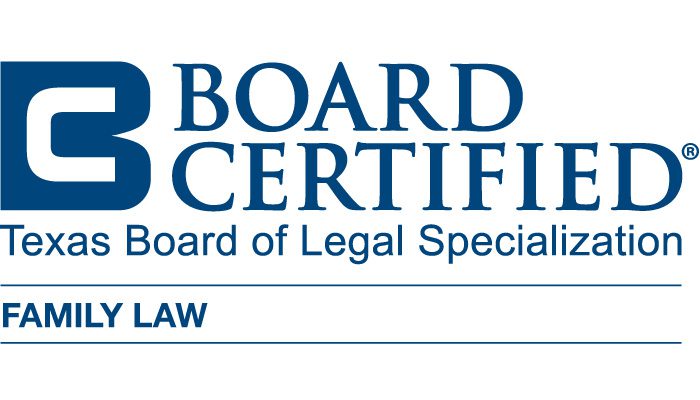
- Thomas L. Ausley 1980
- Gary L. Nickelson 1984
- Kathryn J. Murphy 1995
- Diana S. Friedman 1996
- Kristen A. Algert 1997
- Thomas A. Greenwald 1997
- Eric Robertson 1997
- Kelly Ausley-Flores 2000
- Curtis W. Harrison 2002
- Cindy V. Tisdale 2003
- Jeff Shore 2006
- Clint Westhoff 2006
- Jeff Domen 2009
- Kristal Thomson 2009
- Angel J. Berbarie 2010
- P. Lindley Bain 2012
- Aimee Pingenot Key 2012
- Kevin Davidson 2017
- Charla Davies 2017
- Rob Frazer 2018
- Ryan R. Bauerle 2018
- Hayley Collins Blair 2019
- Lindsey Obenhaus 2019
- Katie Flowers Samler 2019
- Jonathan James 2020
- John J. Kappel 2020
- Chris Nickelson 2021
- Chandler Rice Winslow 2023
- Kristiana Butler 2024
- Cassidy Pearson 2024
- Angelica Rolong Cormier 2024
- Mona Hosseiny Tovar 2026



